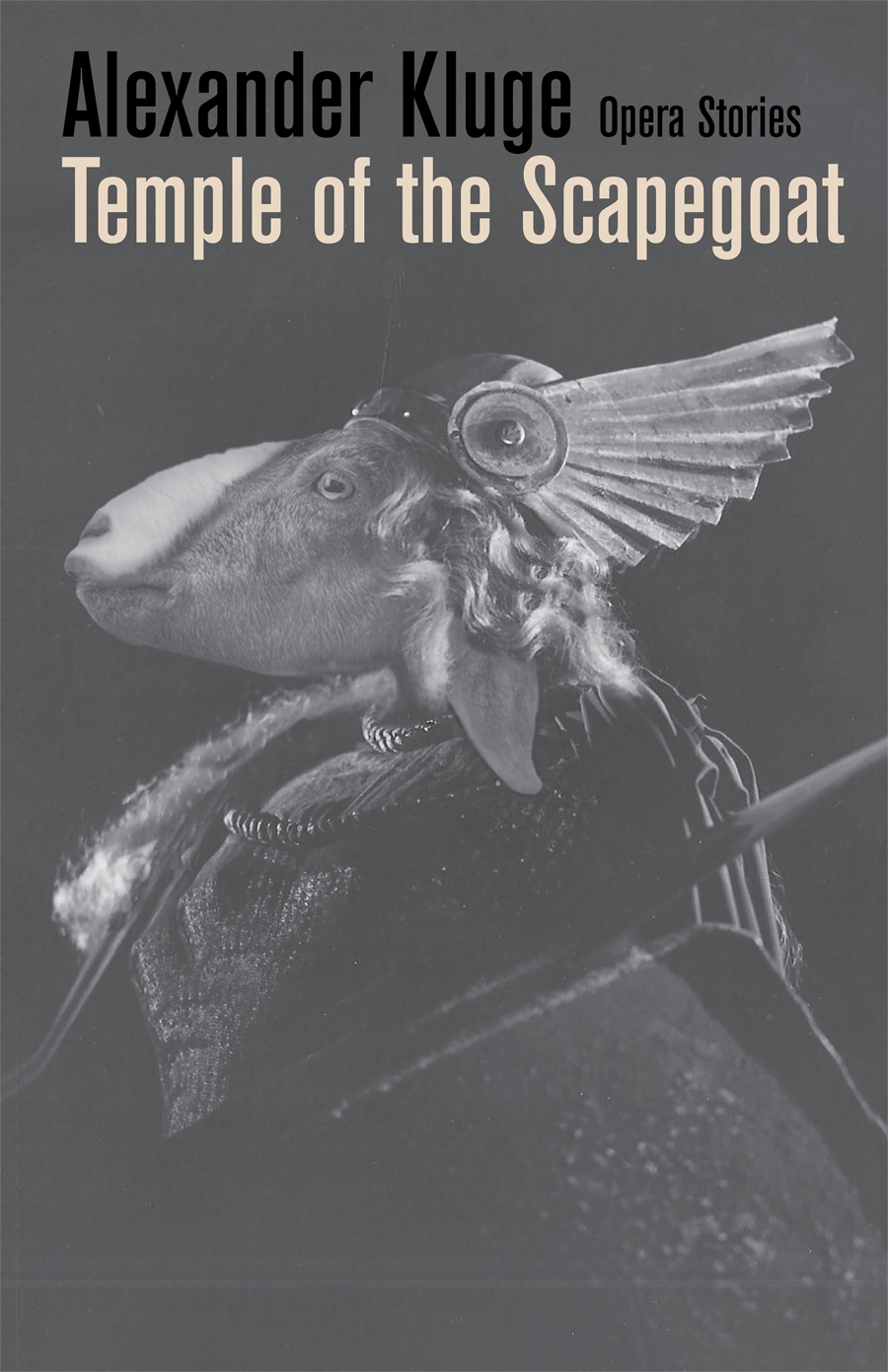
Temple of the Scapegoat
Opera Stories
کتاب های مرتبط
- اطلاعات
- نقد و بررسی
- دیدگاه کاربران
نقد و بررسی

November 6, 2017
The real and imagined history of opera, the landscape of emotions, and the “blast furnaces of the soul,” guide Kluge’s captivating collection. Over 100 short stories compose a vision of opera as a durable and protean art form. It is both capable of saving lives—as when the destructive Turkish occupants of Smyrna visit in the early 20th century and venerate that city’s opera house—and of deforming them—as in “The Great Welaschka,” a story about a talented soprano who is “unable to improve on her initial standing” and overshadowed by her lover and his friend. The more historical stories imagine a lost work by John Cage, an East German production called Freedom Opera, and the 1941 Leningrad premiere of Lohengrin, scheduled for what turns out to be the day of the surprise German invasion. Other pieces deconstruct the plots of Norma and Cavalleria Rusticana, given a narrator’s conviction that in all operas “the elements operate among themselves... under the skin of events.” Kluge imagines his parents sitting a few rows away from Walter Benjamin in 1931 and arguing about Madame Butterfly after the performance. A filmmaker, philosopher, and lifelong devotee of the art of opera, Kluge is a maestro with impressive range; readers will commit to “following the voice where it wishes to go.”

November 15, 2017
Essayistic stories by German writer/filmmaker Kluge (The Devil's Blind Spot: Tales from the New Century, 2004), all centering on the world of the opera.By some theories, classic opera represents an attempt in the Renaissance to reconstruct Greek tragedy. Kluge is attuned to the storyline of each of the operas that have captured him, but he confesses to being moved more by the music in these "enigmatic musical dramas" than by librettos whose plots are often absurd and nonsensical. The music often moves him, he writes, even if he doesn't always understand why: "I don't know why, but tears always come to my eyes in the third act of the Meistersinger when the shoemaker and poet Hans Sachs enters....The point of my tears is to wash away the feeble remnants of critical thinking that seek to prevent me from believing in SELFLESS ABANDON." And why the capital letters? Call them the acmes of his arias--or so one supposes. Autobiographical at many turns, seldom anything but realistic, these sketches connect the emotions evoked by operas with moments in history, personal and global: his parents' divorce against Pagliacci, the rise of Nazism against Offenbach's The Bandits, the excesses of Maoist cultural revolution against revolutionary operas such as Taking Tiger Mountain by Storm ("These cultural products built up a stronghold of idealism, which stirred up emotions"). Kluge plays off other writers, as when, with respect to the Viennese critic Karl Kraus' likening of an opera house to a volcano, he asks, "Can hearts set buildings on fire?" The answer is, of course, just as music can bend the hardheadedness of obdurate emperors and invokes a physics by which "with each outburst of passion I give off tiny quanta of my being."Elegant provocations to seize an opera addict's imagination from a voice not well-known to readers on this side of the pond.
COPYRIGHT(2017) Kirkus Reviews, ALL RIGHTS RESERVED.

























دیدگاه کاربران